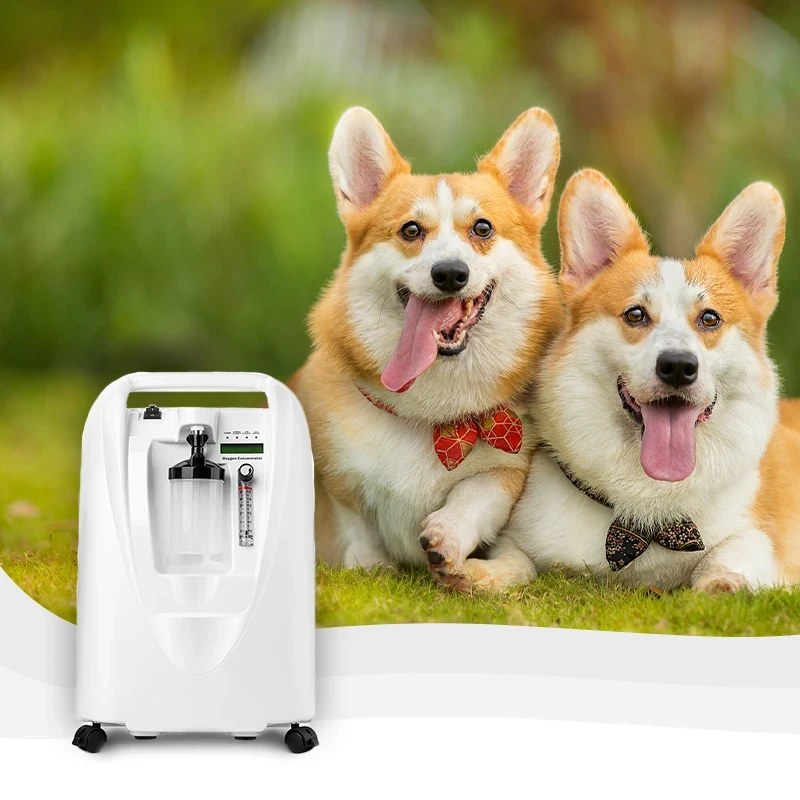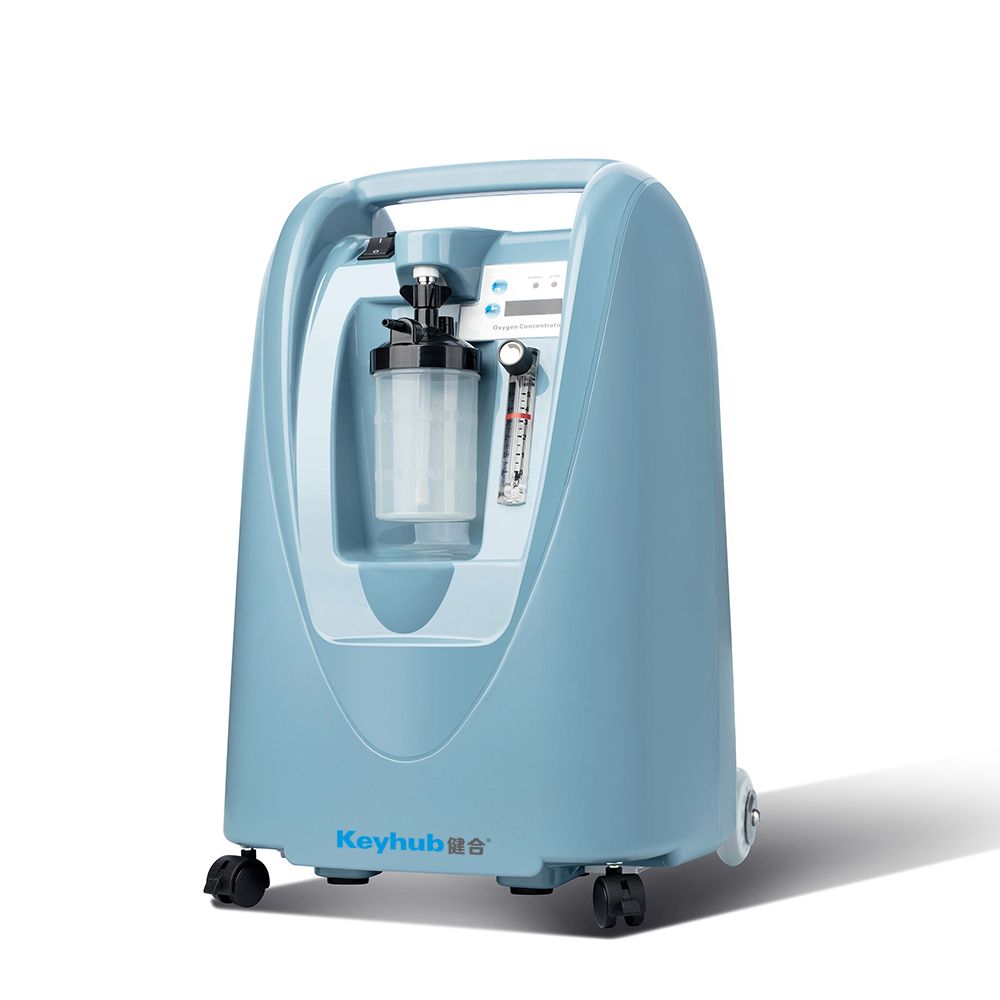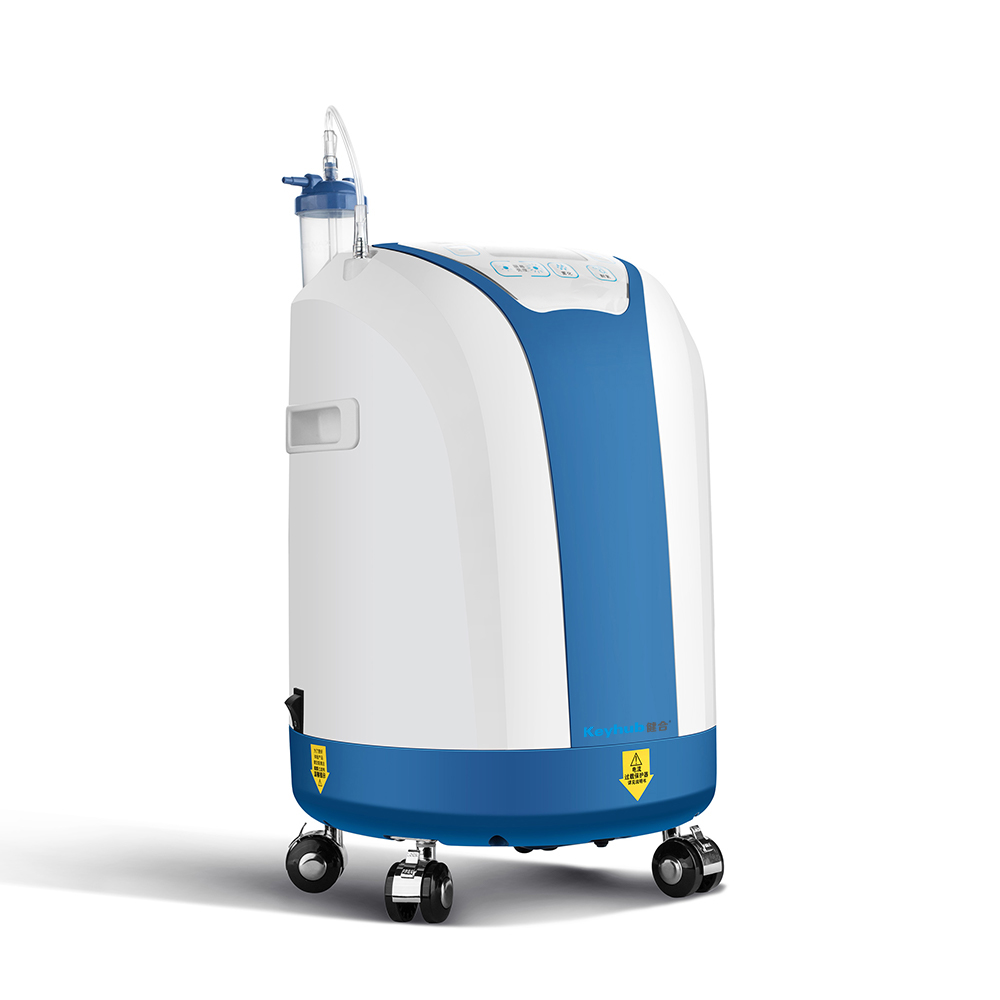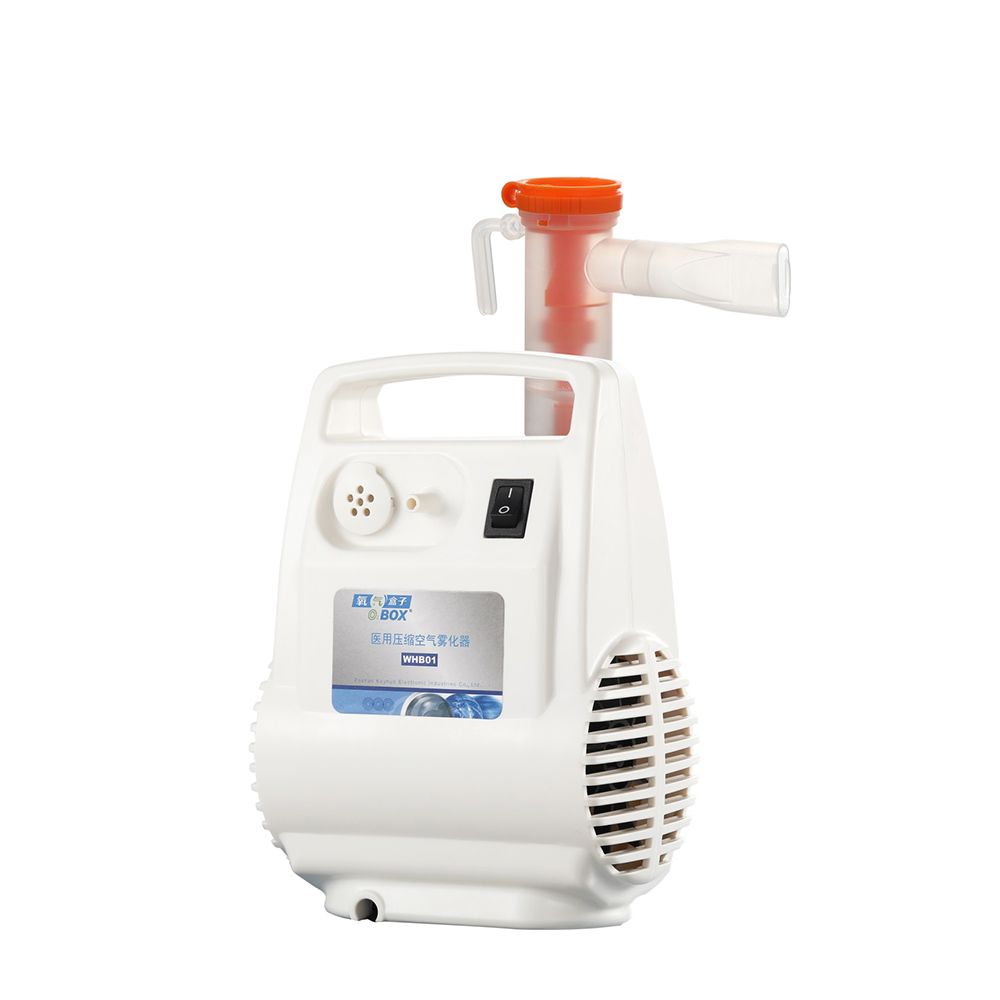Oxygen therapy is a critical component in veterinary medicine, providing essential support for animals undergoing surgery, recovering from trauma, or suffering from respiratory conditions. Traditionally, oxygen has been supplied through cylinders or piped systems, but the advent of oxygen concentrators has changed this aspect of veterinary care. This article explores the numerous benefits of using oxygen concentrators in veterinary clinics, highlighting their cost-effectiveness, environmental impact, and practical advantages.
Cost-Effectiveness
One of the most significant benefits of oxygen concentrators is their cost-effectiveness. Unlike traditional oxygen cylinders, which require regular refilling and incur rental and delivery fees, oxygen concentrators generate oxygen on-site from ambient air. The initial investment in an oxygen concentrator is quickly offset by the reduction in ongoing costs associated with cylinder rental and refills.
Environmental Impact
Oxygen concentrators are also more environmentally friendly compared to traditional oxygen delivery methods. By generating oxygen on-site, they eliminate the need for frequent deliveries by oxygen supply trucks, thereby reducing the carbon footprint of the veterinary practice. This is particularly beneficial for environmentally conscious clinics looking to minimize their ecological impact.
Convenience and Reliability
Oxygen concentrators offer unparalleled convenience and reliability. Once set up, they require minimal intervention, providing a continuous supply of medical-grade oxygen around the clock. This is particularly advantageous in emergencies where immediate access to oxygen is critical. Additionally, modern oxygen concentrators are designed to be user-friendly, with simple controls and minimal maintenance requirements.
Safety
Safety is a paramount concern in any veterinary practice, and oxygen concentrators offer several safety advantages over traditional oxygen cylinders. Compressed gas cylinders pose risks of leaks and explosions if not handled correctly. In contrast, oxygen concentrators store only a small amount of oxygen internally, significantly reducing the risk of combustion. This makes them a safer option for both staff and patients.
Enhanced Patient Care
Oxygen concentrators play a vital role in enhancing patient care. They are essential for post-operative recovery, helping animals regain consciousness and stabilize their breathing. In cases of trauma or shock, where animals may suffer from decreased oxygen levels, concentrators provide a reliable source of oxygen to support recovery. The continuous supply of oxygen ensures that patients receive consistent care, improving overall outcomes.
Versatility
Oxygen concentrators are available in various sizes and capacities, making them suitable for different clinic sizes and needs. This versatility allows clinics to choose the most appropriate model based on their specific needs, whether for individual anesthetic stations or comprehensive applications serving the entire practice.
Portability
Portable oxygen concentrators (POCs) offer additional benefits, particularly for mobile veterinary practices or situations where animals need to be transported. POCs are lightweight, easy to carry, and can operate on battery power, making them ideal for use in remote locations or during transport. This mobility ensures that animals receive continuous oxygen therapy, regardless of their location.
Sustainability
Sustainability is another key benefit of oxygen concentrators. Oxygen concentrators, which generate oxygen from ambient air, provide a sustainable solution that is less susceptible to such disruptions. This ensures a continuous supply of oxygen, even during times of high demand.
Conclusion
Oxygen concentrators offer numerous benefits for veterinary clinics, including cost savings, environmental sustainability, convenience, safety, and enhanced patient care. Their versatility and portability make them suitable for a wide range of applications, from individual anesthetic stations to comprehensive clinic-wide systems. By adopting oxygen concentrators, veterinary practices can improve their operational efficiency, reduce their ecological footprint, and provide better care for their patients. As technology continues to advance, the role of oxygen concentrators in veterinary medicine is likely to become even more prominent, making them an indispensable tool for modern veterinary care.







